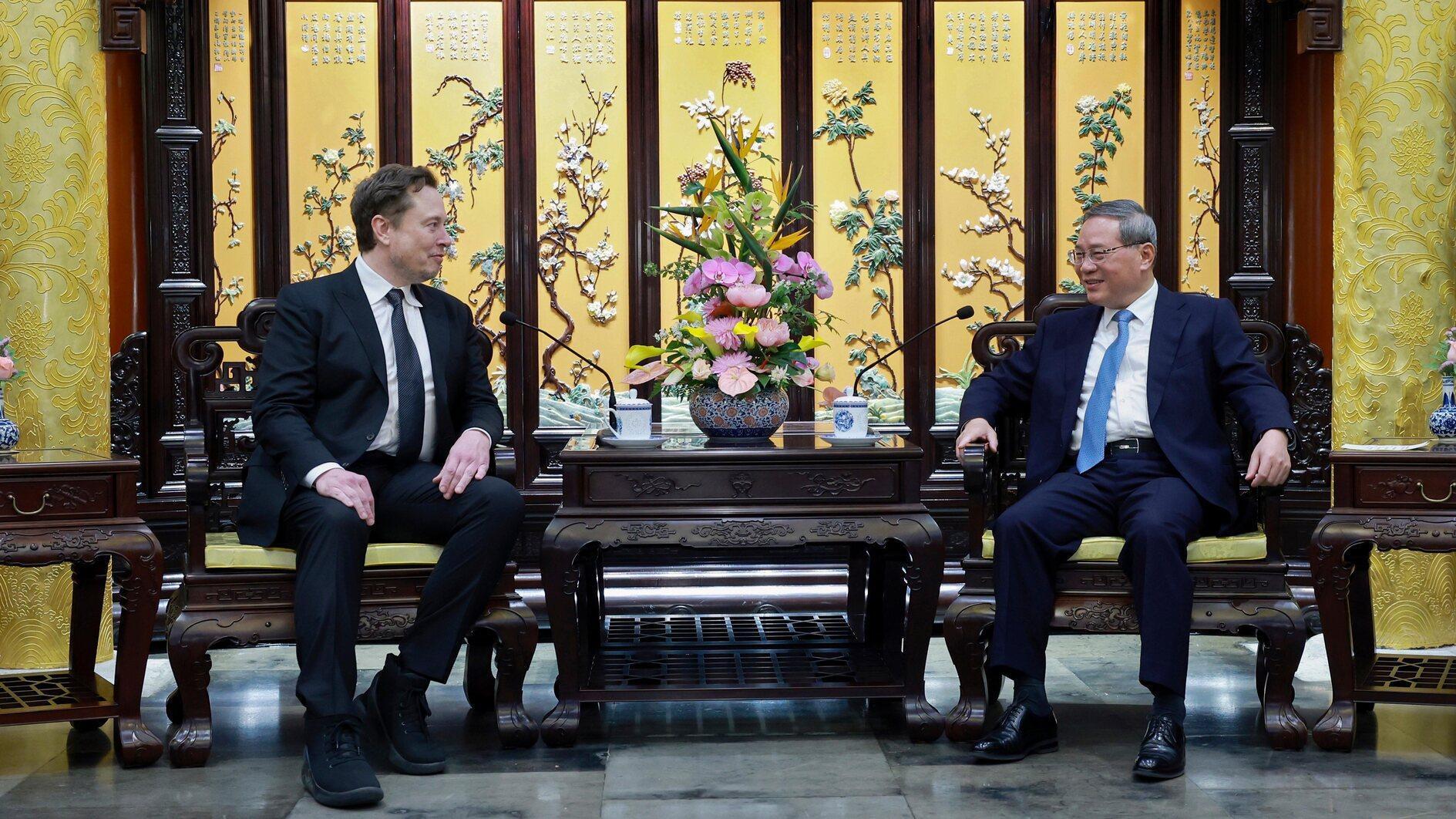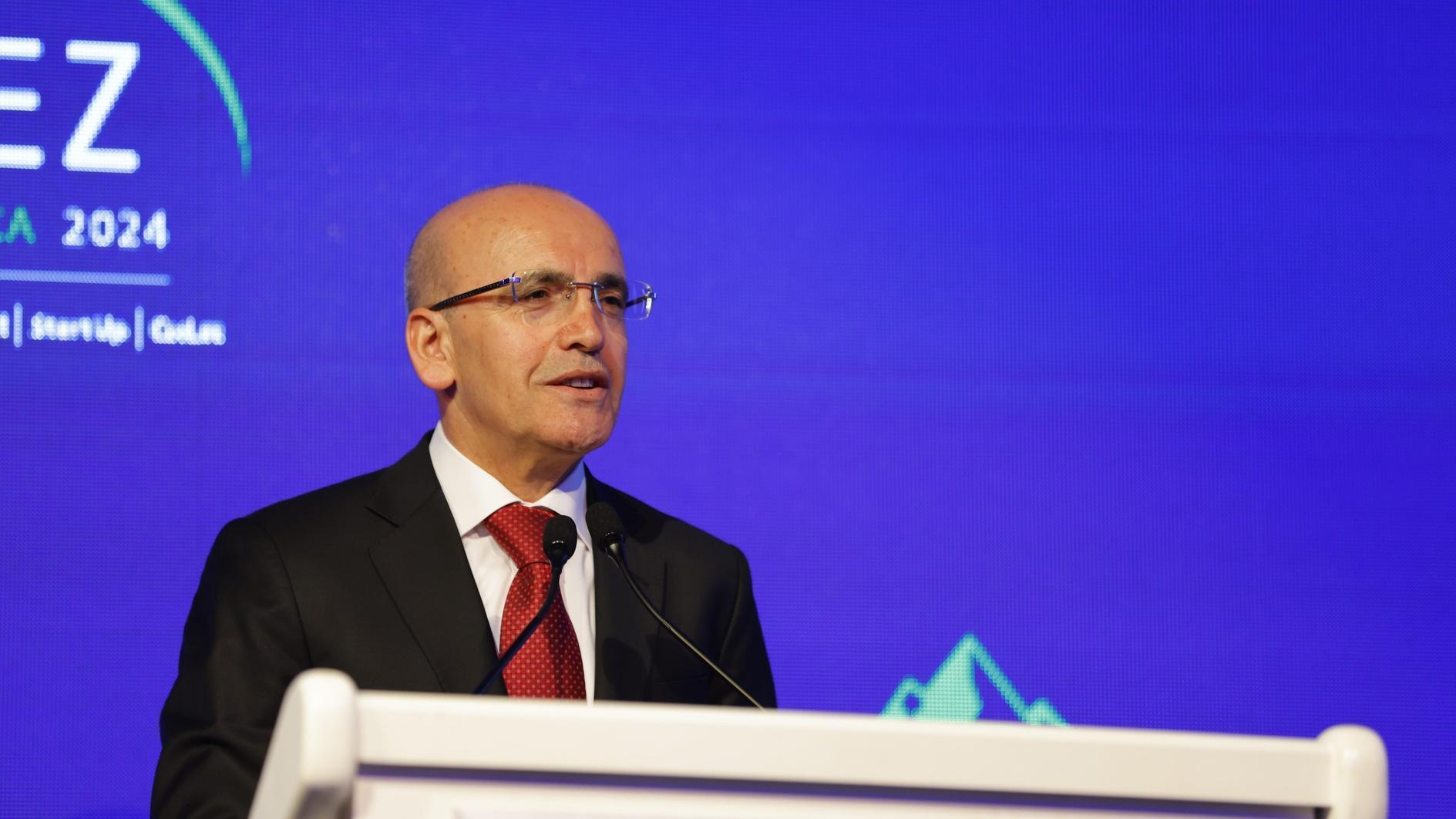Erdoğan continues to learn the hard way
It looks like the “interest rate lobby,” so hated by Prime Minister Recep Tayyip Erdoğan, has won. This is the only way one can interpret the Central Bank’s decision late on Tuesday night to dramatically raise interest rates. There was no other way to stop the Turkish Lira’s tailspin against hard currencies which could have left the country facing a serious economic crisis.
Erdoğan is learning the difficult way that in a democracy and a liberal economy, you cannot hammer the world into shape according to your personal ideological vision. The Justice and Development Party (AKP) made such an issue of the so-called “interest rate lobby” that the Central Bank’s decision is considered a defeat for it now.
Tellingly, the pro-government media was exhorting the bank’s governor, Erdem Başçı to resist pressures to raise interest rates. That, however, is like asking the wind to stop blowing in this case. At any rate, the rules that govern the economy kicked in fast after the Central Bank’s decision and the lira responded instantly.
Before the bank’s decision, Erdoğan told the press – as he was preparing to fly to Iran on Tuesday – that he was opposed to any hike in interest rates. But, and this is the crucial point, he appeared to concede indirectly that there was no other choice when he stressed that whatever his prsonal feelings may be, he has no control over the Central Bank’s decisions.
This is a major concession for someone who is known to stubbornly cling to his views and who tries to shape the world accordingly. Erdoğan has found himself in a similar situation with regard to the changes his government wants to make to the law governing the Supreme Board of Judges and Prosecutors (HSYK).
This time, the rules of democracy have come into play, forcing the government to shelve the undemocratic bill it prepared in this regard in order to protect itself against future corruption investigations. Justice Minister Bekir Bozdağ, one of the AKP’s angry ideologues, insists of course they will pass the bill no matter what.
But with opposition to the bill at home and the EU, as well as exhortations to the government by President Abdullah Gül to remain within constitutional limits, this looks increasingly difficult. The reason is that the bill the government wants to pass is blatantly undemocratic and unconstitutional.
These developments clearly show that having gained 50 percent of the vote does not mean you can run your house as you would like if you respect – or at least pretend to respect – democracy.
A harsh editorial in the New York Times on Monday (Jan. 27), on the other hand, is the latest example showing that the impression that Erdoğan is on a dictatorial path has gained critical mass internationally. This is what it said:
“Once hailed as the leader of a model Muslim democracy, [Erdoğan] has created a political disaster at home, transforming Turkey into an authoritarian state that poses dangers not just for itself but for its allies in NATO, including the United States.”
The situation is not quite as bad as that yet, although it is bad enough. But with such views crystallizing in the international arena, and the rules governing democracy and the economy starting to kick in, Erdoğan and his government are going to have a difficult time fulfilling their personal political agendas.
This does not mean they will not try to row against the tide, especially if they perform well in the local elections in March. But the limits to how far they can go have started to become apparent.
Unless Erdoğan succeeds in turning Turkey into a dictatorship, he will finally have to accept that democracy is not just about the ballot box, but also about checks and balances, the separation of powers, a free press, and so on.
In other words, all the things he seems to hate so much.











